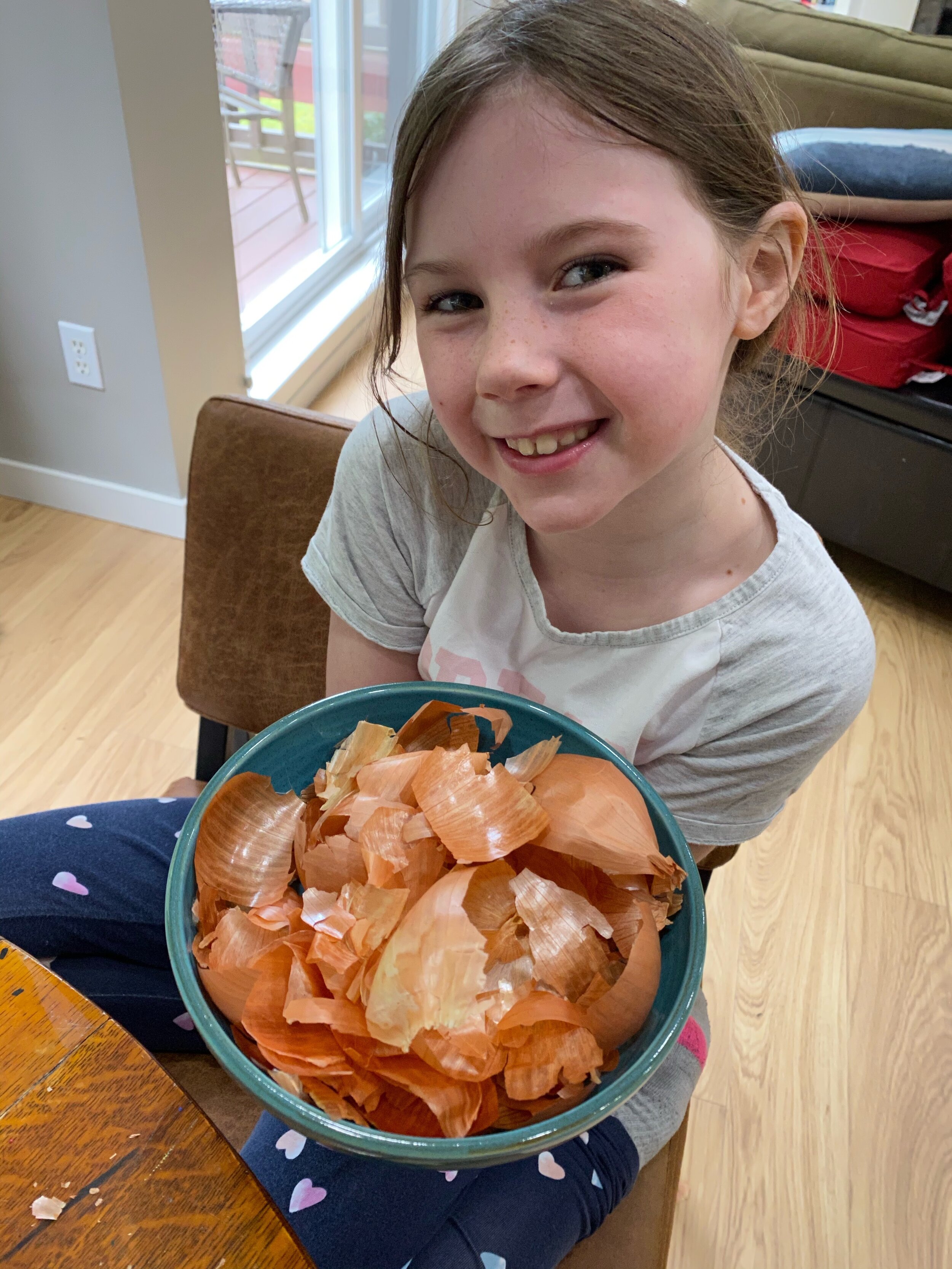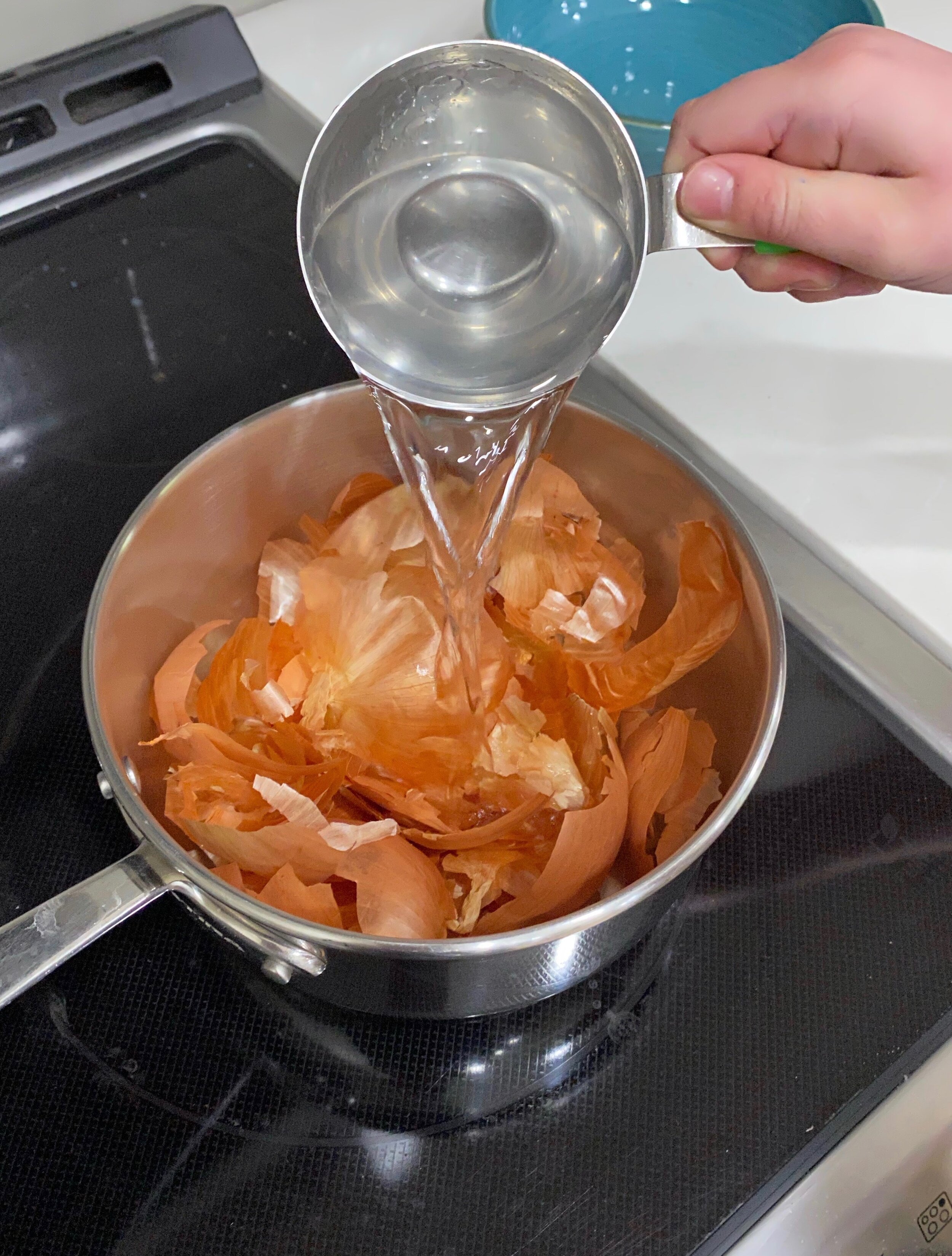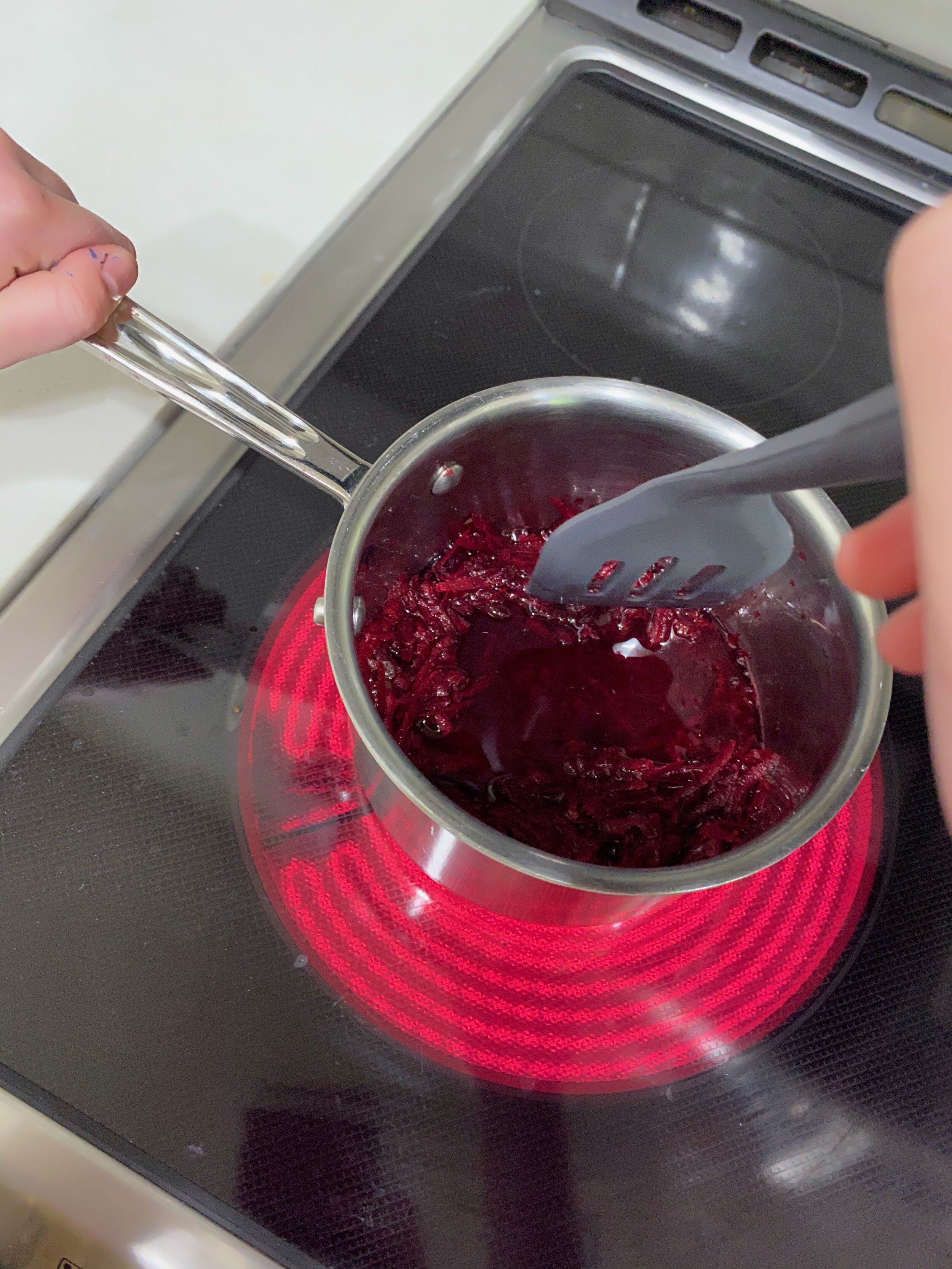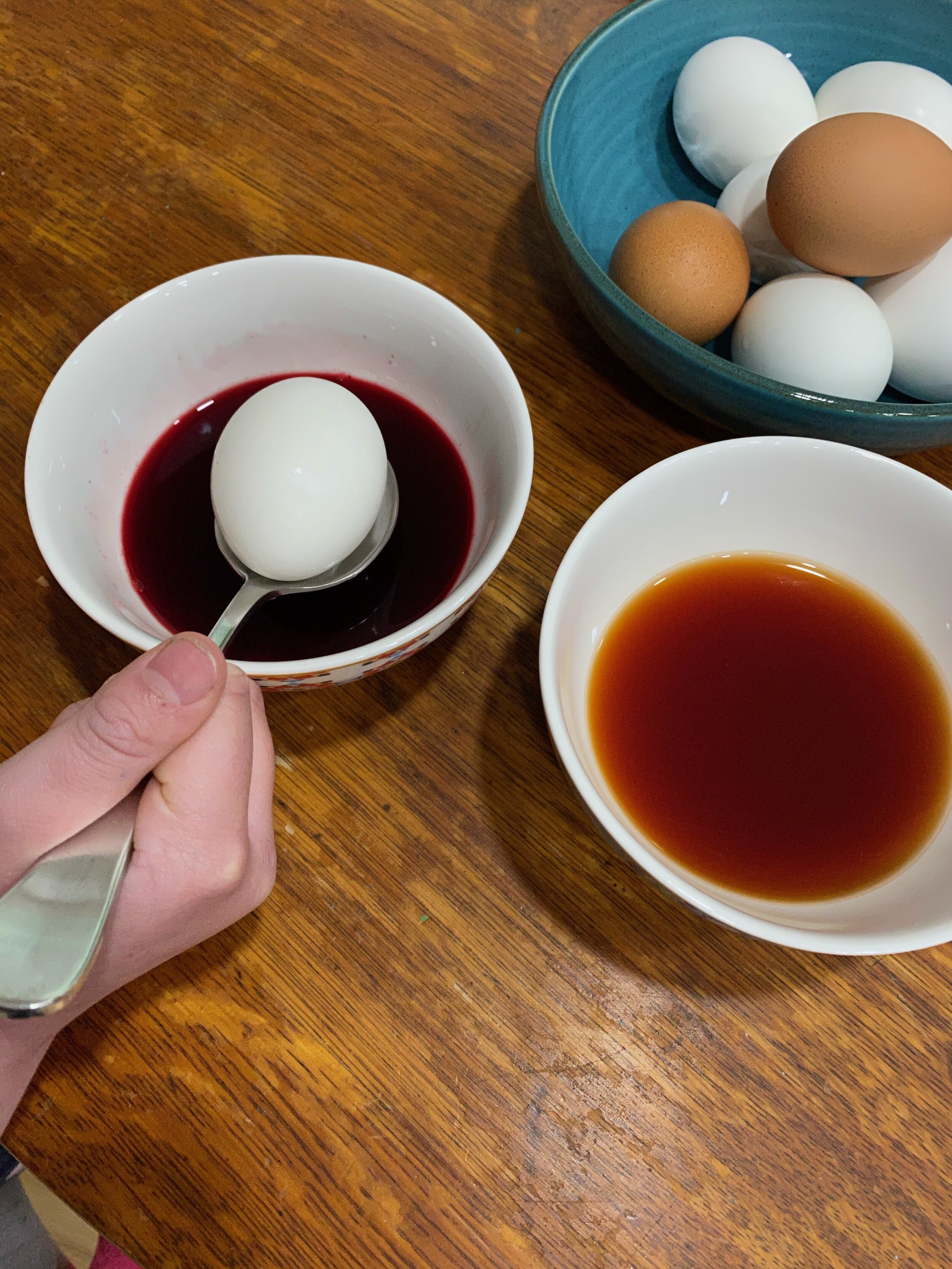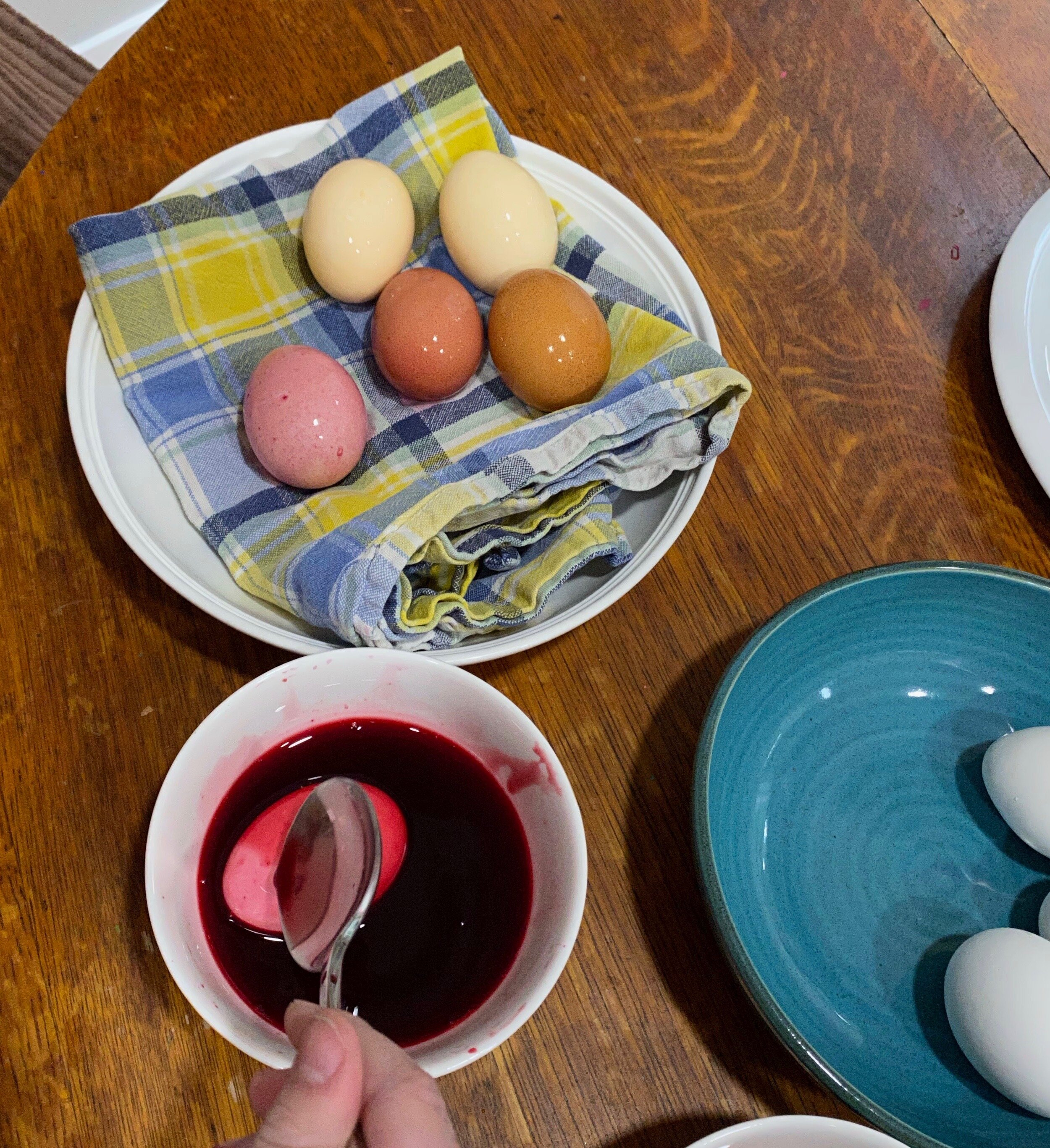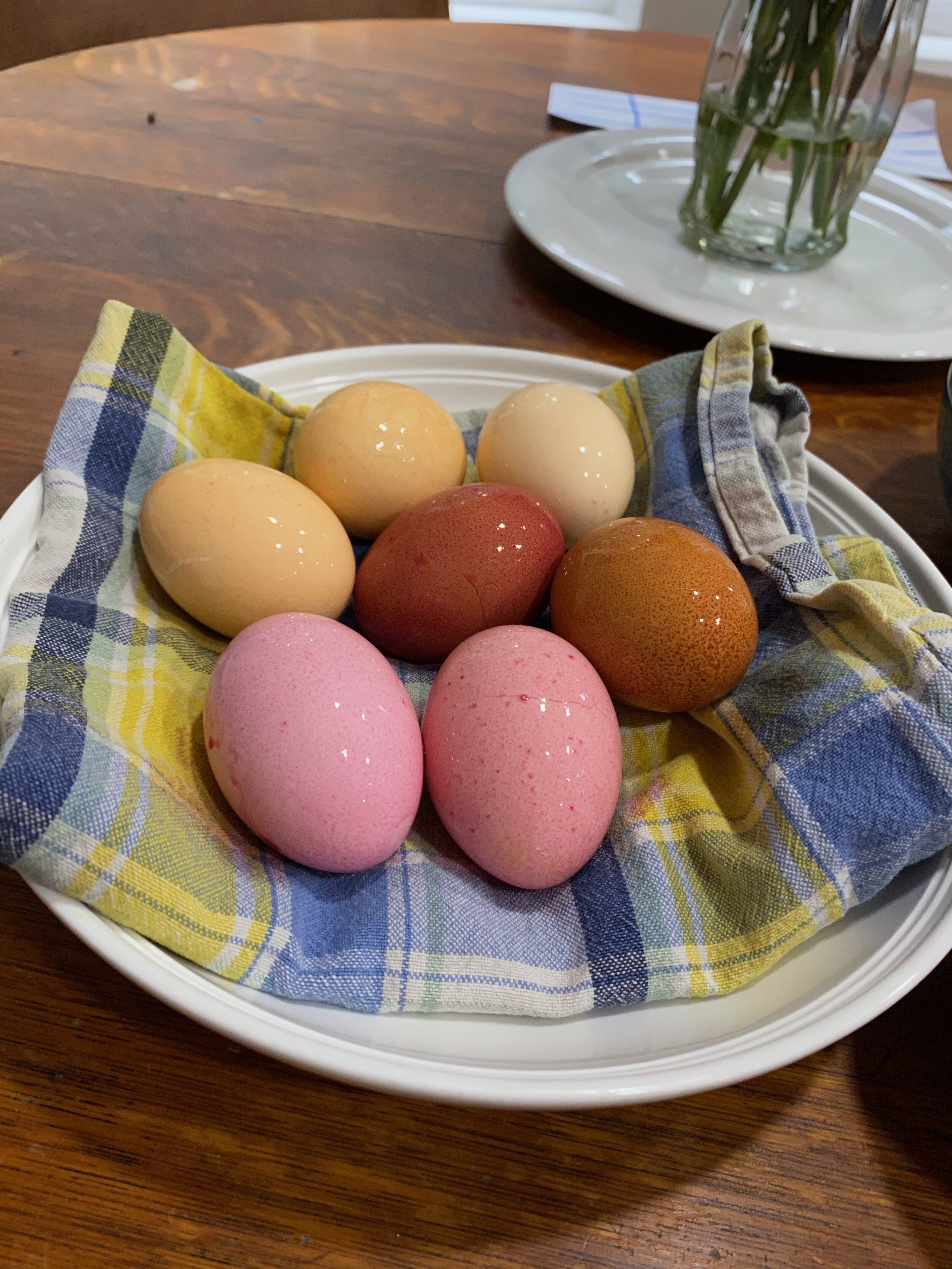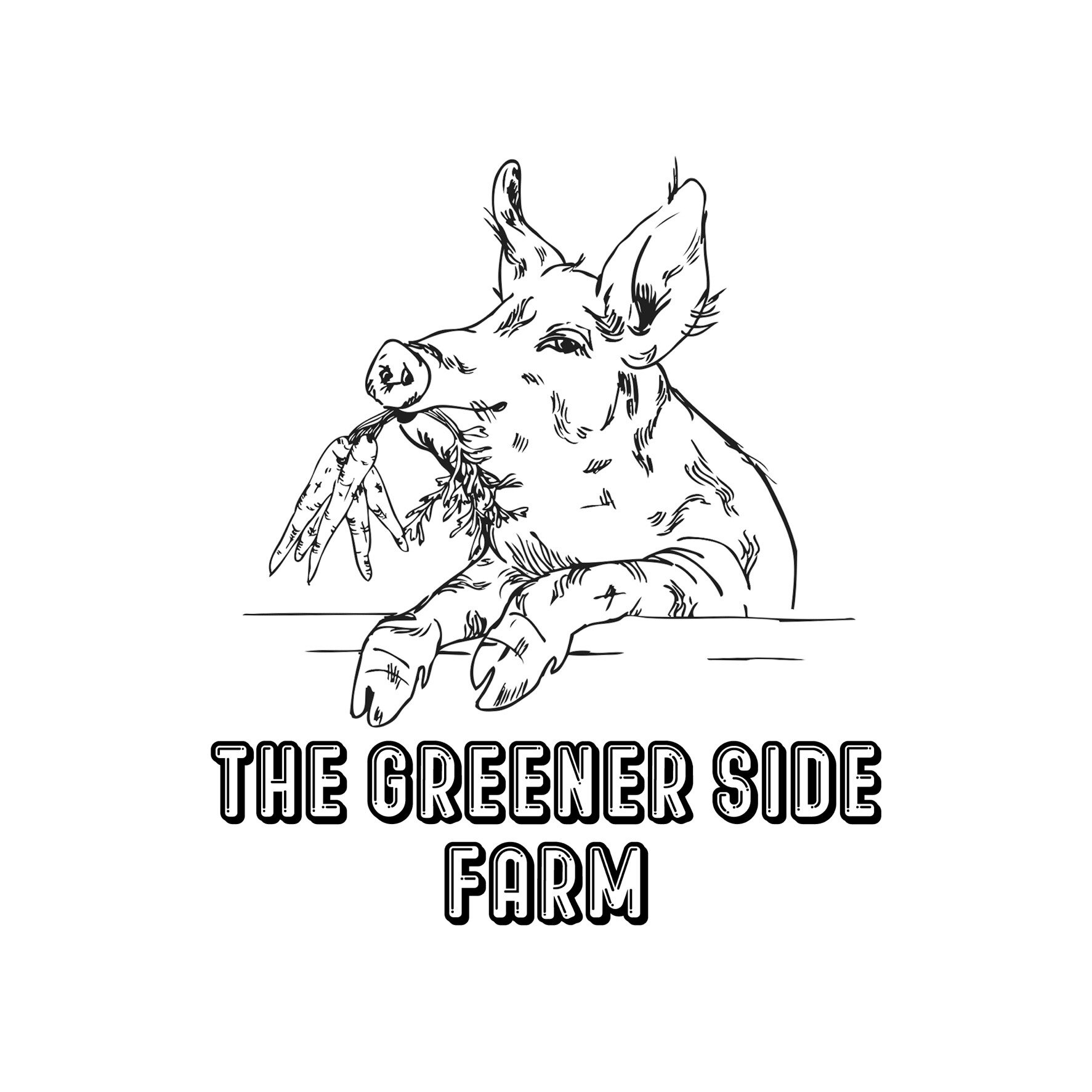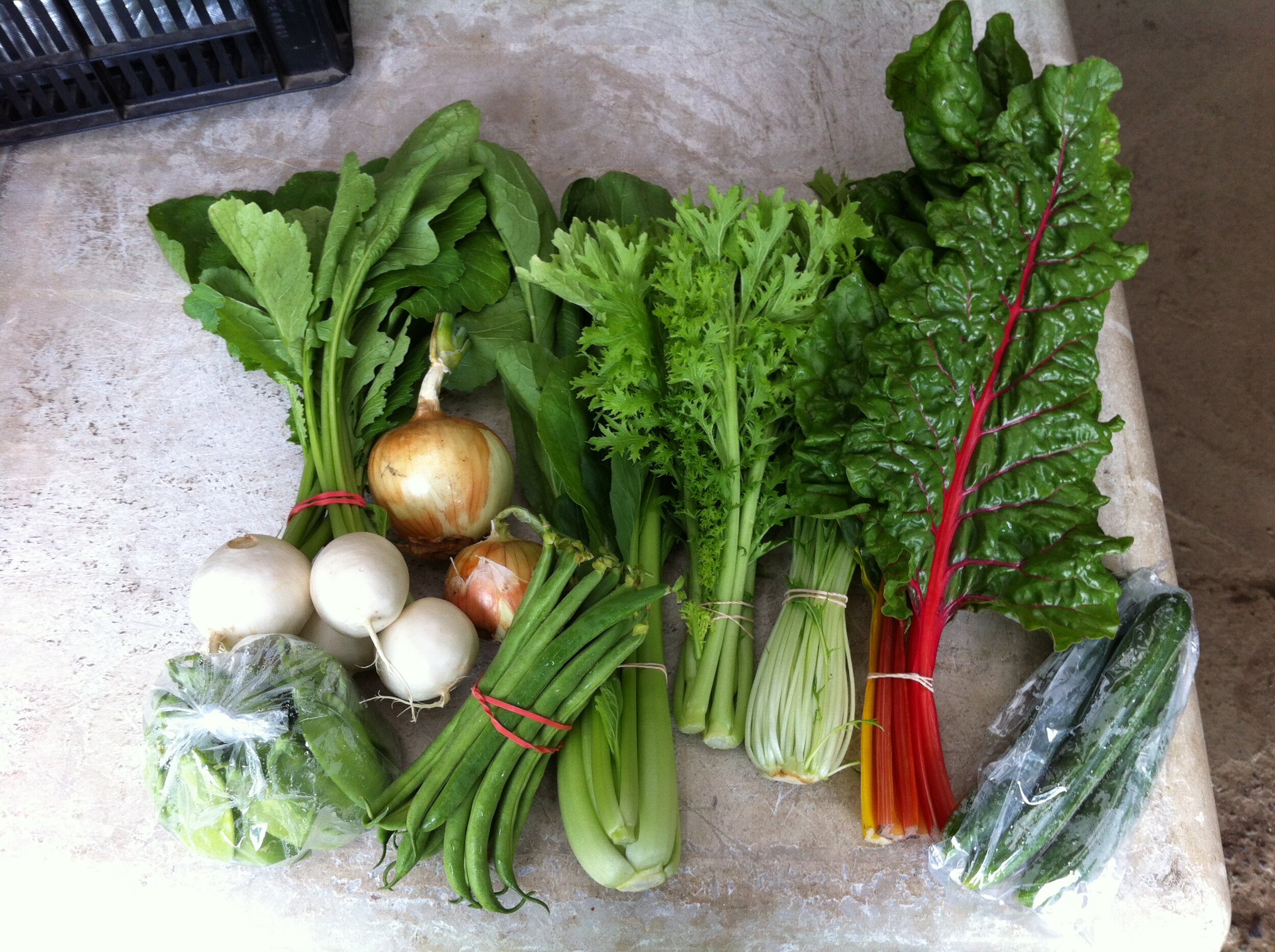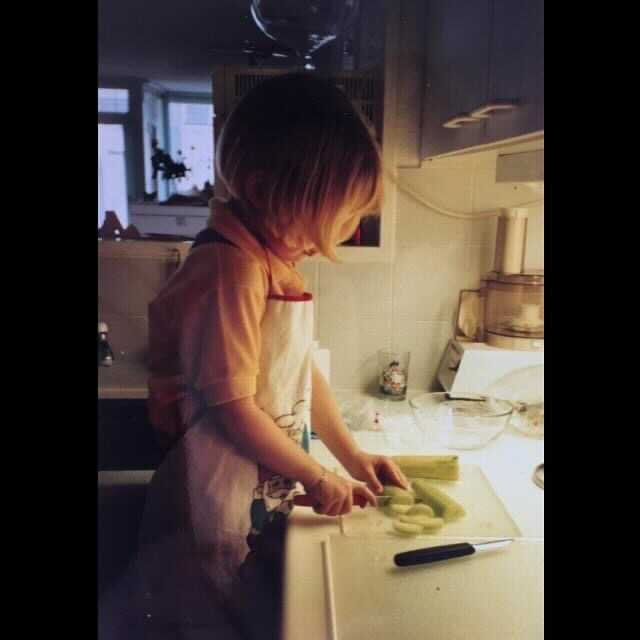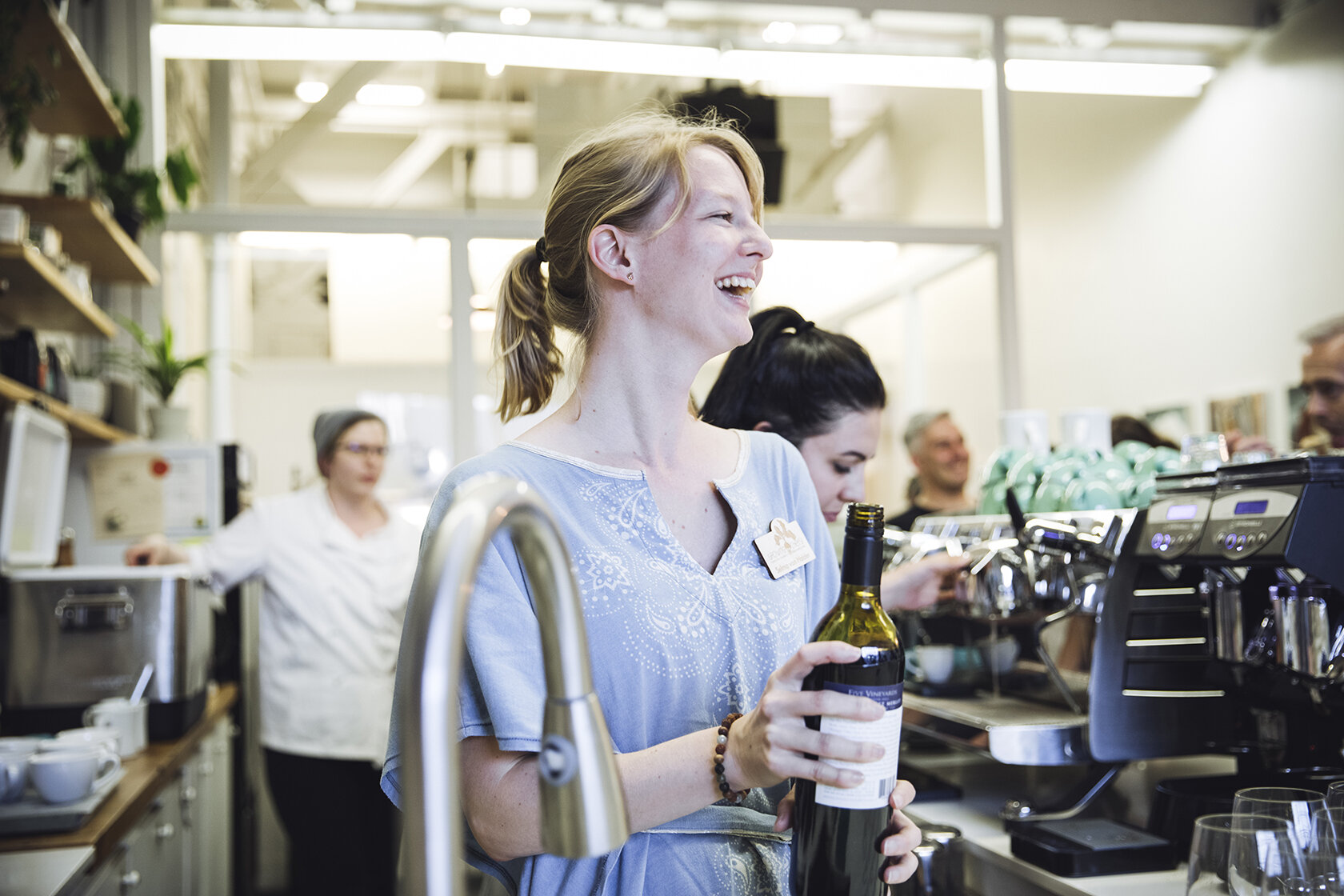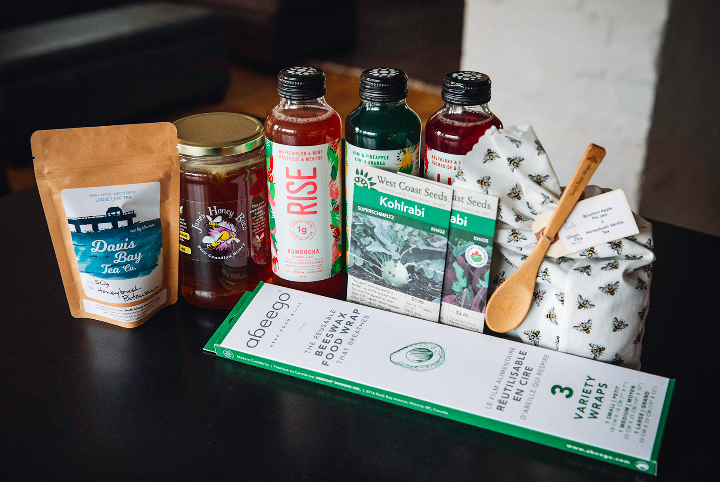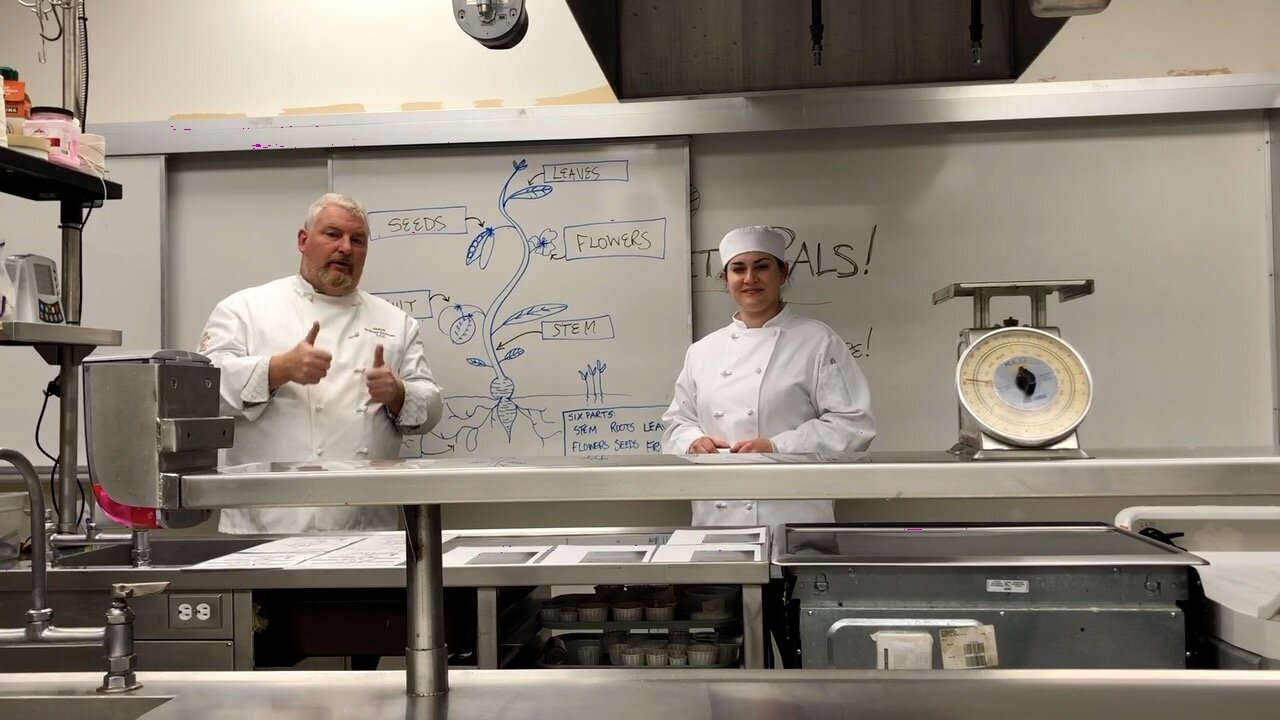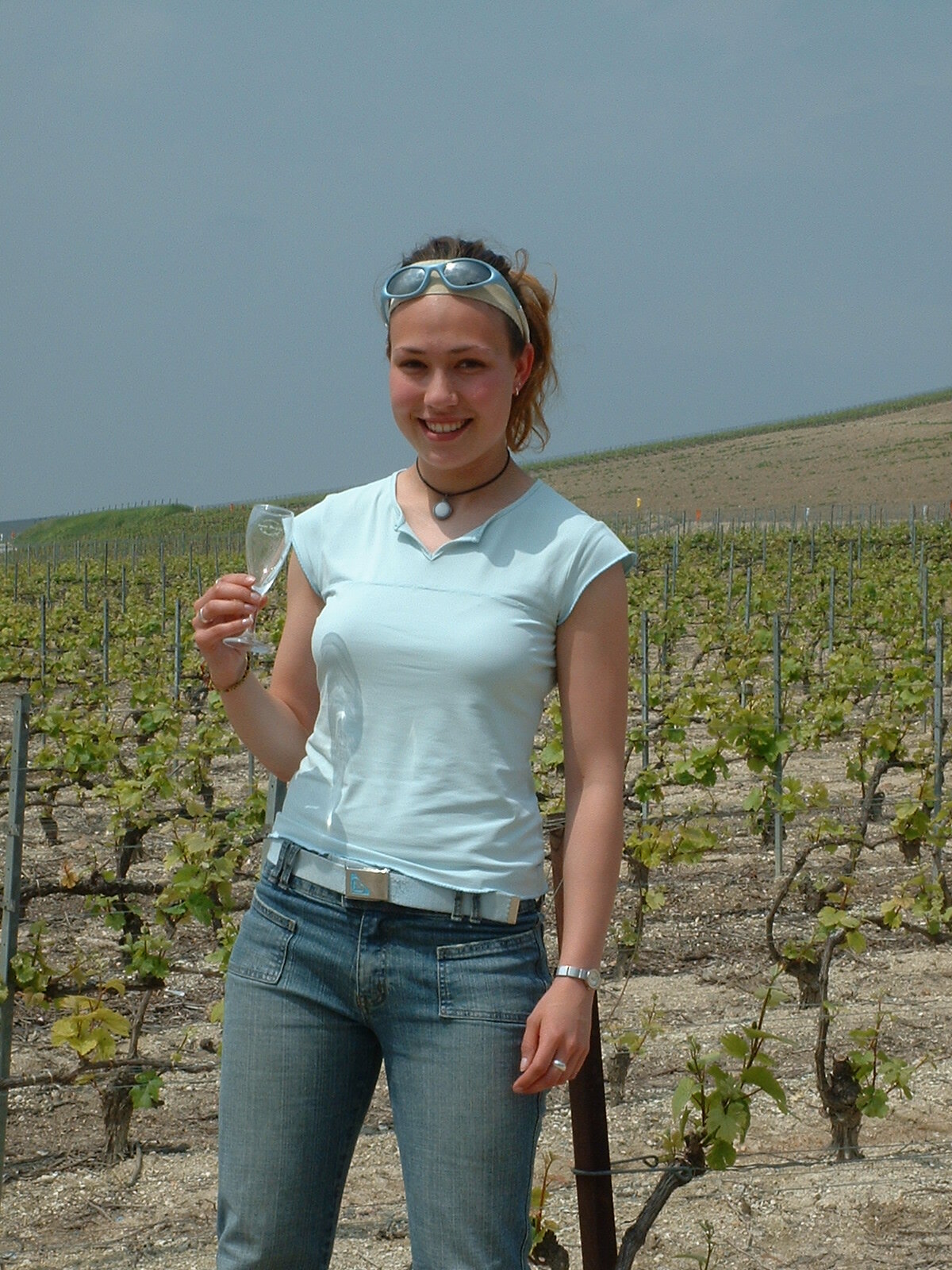Although we try to celebrate our volunteers year-round, this is an official week when we highlight and celebrate the many volunteers that contribute to Growing Chefs. Volunteers bring a wealth of skills, experiences, and perspectives to our organization and keep us growing and thriving. There would be no Growing Chefs without volunteers! We are particularly impressed by and grateful for the many ways that volunteers have continued to show-up, adapt, persevere, and grow during this truly challenging last year.
All month we are spotlighting volunteers on our social media and their stories are just a sample of the many volunteers who have shaped Growing Chefs and continue to work along with us. Here are just some of the ways that volunteers have contributed to Growing Chefs this past year:
Prepared and delivered meals for LunchLAB: Chefs for Families.
Taught and hosted virtual learning events, cooking classes, and fundraisers.
Provided video content, recipes, and more for our virtual Growing Chefs at Home lessons.
Taught a local classroom about food systems as a virtual Vegeta-pal.
Consulted and contributed in specialized roles like human resources, graphic design, and photography.
Welcomed Growing Chefs and our students to their places of work for Growing Chefs Virtual Field Trips.
Contributed expertise, guidance, and governance as our Board of Directors.
We are deeply grateful for all of you that lift us up in so many different ways, and we can’t wait until we can see your smiles in person again.
Please check-out our volunteer spotlights this month on social media (give them a whole lot of likes) and enjoy the below volunteer spotlight of two super innovative volunteers, Farmer Miche and Chef Patrick.
Volunteer Spotlight:
Names: “Farmer Miche & Chef Patrick”
Day Jobs: “Miche is a farmer at an organic family farm in the Cowichan Valley, as well as a full time student (horticulture trades & biology). Patrick is a full time Chef Extraordinaire for a locally owned deli / grocer called "Urban Grocer" in Victoria.”
Favorite Vegetables: “Patrick's favorite is broccoli, and Miche can't pick just one… but if she had to, it would be the always-versatile potato.”
Why do you volunteer with Growing Chefs? “We LOVE volunteering with Growing Chefs for many reasons! Both of us love connecting people to food, and teaching people where their food comes from. We love the energy and excitement of the children, and believe we need to nurture and nourish our future foodies / farmers / environmentalists, etc. The students and teachers we have been virtually sharing Growing Chefs experiences with have been so amazing and inspirational, and very much something we looked forward to on each communication.”
What has it been like to be a virtual volunteer? “It has been a positive experience for us. In these uncertain times, we have all had to navigate through some challenges with schedules and daily life, but the staff at Growing Chefs have been incredibly supportive, flexible, and open with their communications.”
Is there a story about volunteering that you would like to share? “In a virtual setting, it can be challenging to see if we, as volunteers, were making any impact on the students we were sharing with, especially since it is not a typical face to face scenario that we are (pre-covid) used to. That was, until we made a video for our Vegeta-pals on "healthy pizzas". As part of the program Q&A, we had answered what each of our favorite fruits, veggies, and comfort foods were. We each mentioned different things, and when we received our response from our Vegeta-pals, it was evident that either; 1) They had incredibly similar tastes as we did, or, 2) They were actually listening to what we had said, based on their curiously similar responses :) It was so special for us, and we truly appreciate the experience this has offered us!”









